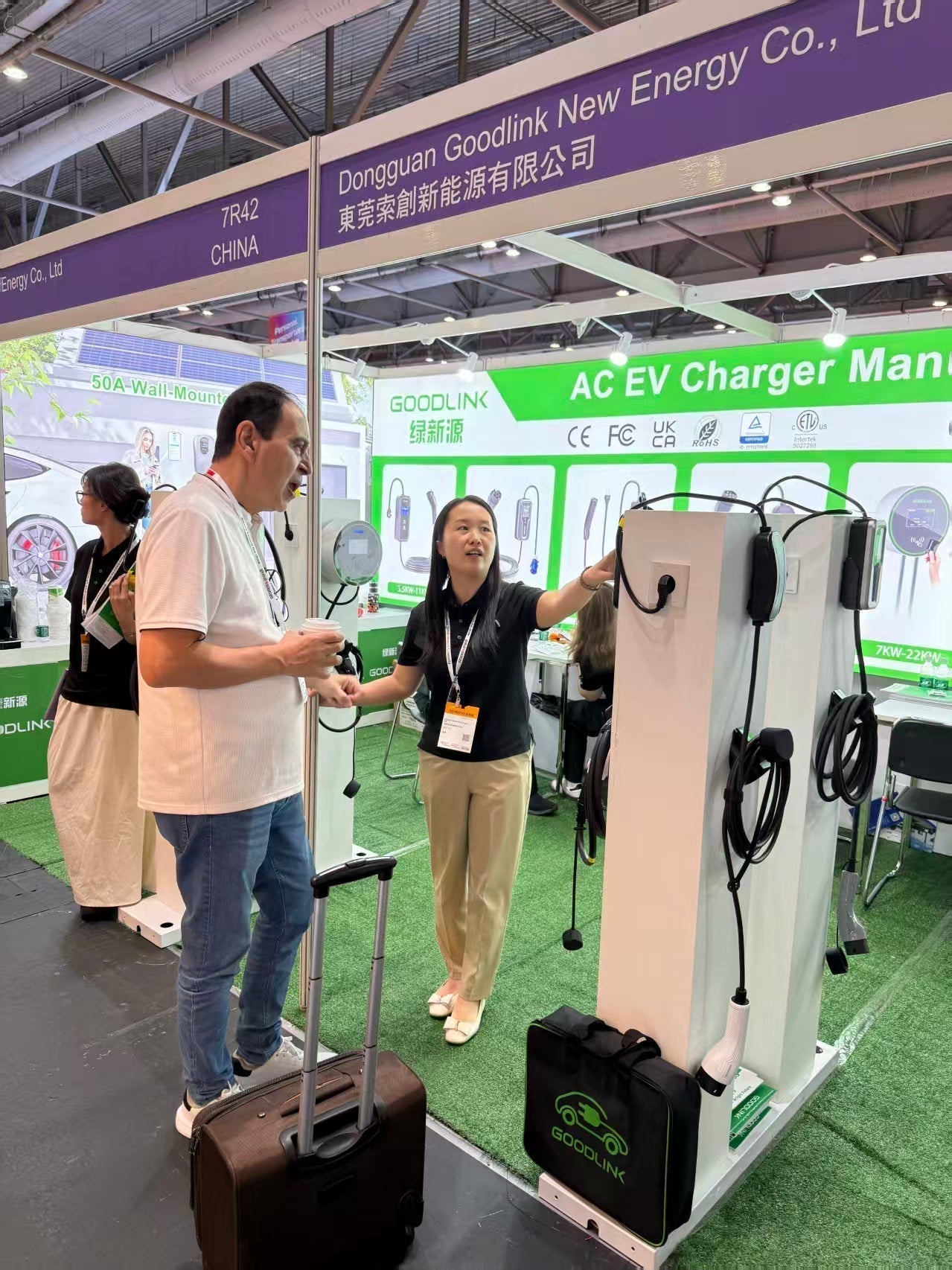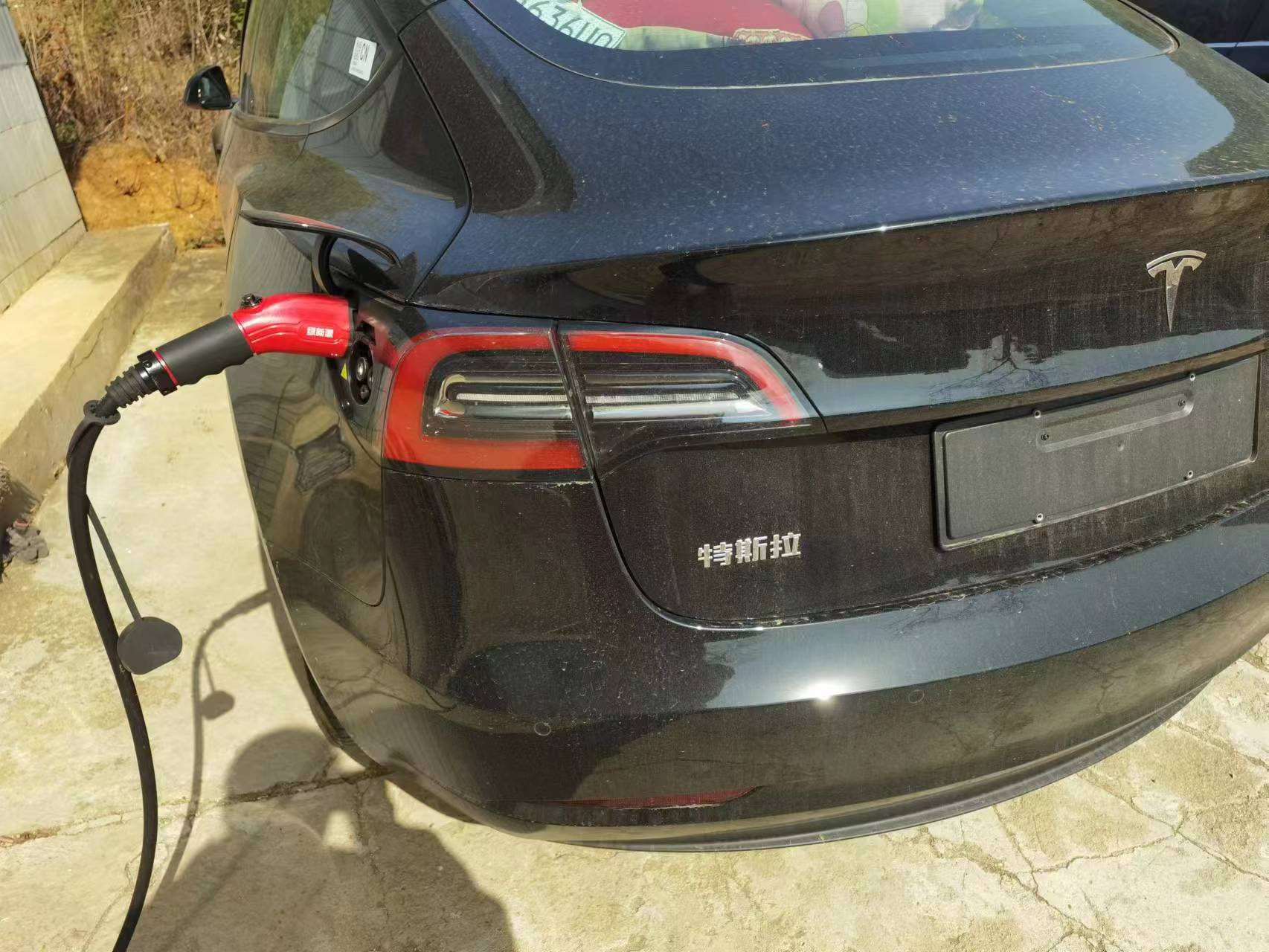You may be wondering why your EV’s charging speed slows down when your battery is around 80% capacity.
No, your battery is not broken.
It’s just your EV’s way of maintaining health and longevity.
Charging increases the temperature of EV batteries, and the higher the amps and voltage, the more heat is generated.
This is especially true with Level 3 DC chargers. The high degree of power from DC chargers can cause extreme stress and overheating to batteries.
This is where charging speed safeguards such as the Battery Management Systems come into play by maintaining your battery’s temperature.
Without regulating the EV battery’s temperature, you run the risk of overheating and degrading its capacity.
You can check the State of Charge (SoC) to know if the slow charging issue is caused by your battery level approaching 80%.
SoC works just like your fuel gauge, so keeping tabs can help you determine if your charging speed is slowing down because of safety measures or other factors.
When you’re charging at home, additional factors to consider are the power needs of the rest of your home. Keep in mind that you’re sharing this power supply with other appliances in your house. So, if you have appliances running in the background while you’re charging, expect it’ll take a little longer.
Also consider the outside temperature when charging your EV, as it may take longer when it is colder outside.
Goodlink is Leading the Charge
Goodlink is on a mission to make electric vehicle charging fast, easy and affordable for all EV drivers. We offer a wide selection of convenient and easy-to-use EV charging stations, chargers and adapters. Goodlink is pioneering ways of eliminating range anxiety and compatibility issues for both Tesla and J1772 EV drivers by making it easier and more reliable than ever to charge EVs at home and on the road.





Share:
What Is EV Charging and How Does it Work?
What is Level 1 and Level 2 Charging?